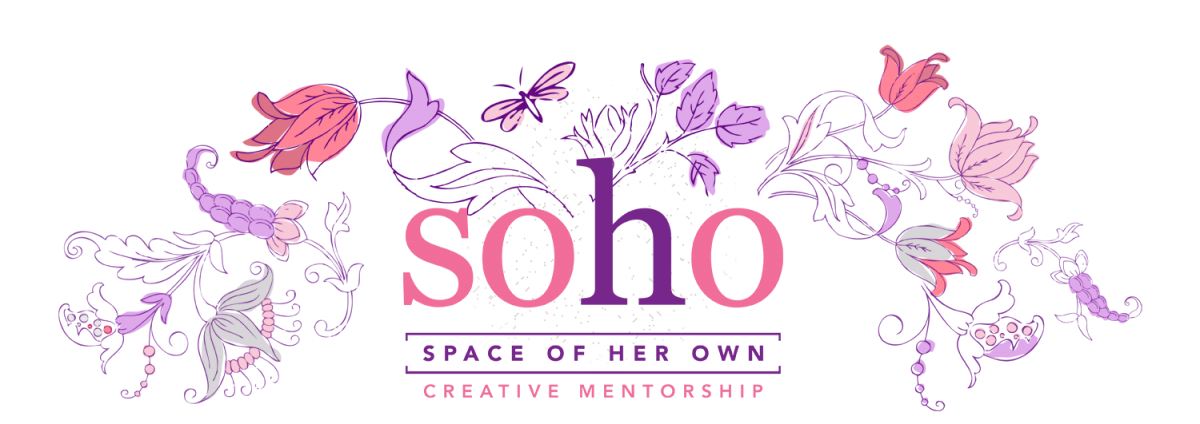.jpg)
Meeting the needs of remarkable girls from underserved communities
Educational, government and social services organizations throughout Northern Virginia recognize that multiple factors prevent adolescents from learning the skills needed to succeed in school and in life. Risk factors include economic disparity, lack of access to after-school programs, involvement with negative peers and inconsistent relationships with positive adults.
Today, more than 1 in 4 children under the age of 18 live in poverty across the United States. For African-American and Hispanic youth, these rates are even higher. Living in poverty is linked with a greater risk for poor academic achievement, school dropout, abuse and neglect, and behavioral and socio-emotional problems.(1)
Many children living in poverty and disadvantaged neighborhoods grow up insecure and afraid of the imminent dangers to their physical and emotional well-being. (2) The stress associated with these risk factors prevents youth from focusing on peer relationships, academics and other activities.
There is a solution.
Research has found that basic elements for healthy emotional development help children to build their self-esteem and mitigate risk factors. (3) We know that youth directly benefit from mentoring – having an adult in one’s life who shows interest and listens to them encourages youth to succeed. Mentoring has also been proven to lead to changes in youth that positively affect academic achievement, reduce engagement in risky behaviors, and increase high school and college graduation rates.(4)
Yet, across the United States, nearly 1 in 3 youth grow up without ever having a mentor. At-risk youth are even less likely to have access to mentors and more likely to want one than their peers.
SOHO Creates a World of Possibilities
SOHO seeks to close this gap by providing structured, one-to-one mentoring for girls living in under-resourced communities. (5)
At SOHO, visual arts and STEM become the catalysts for building this important bond while also serving as tools for self-expression and growth. At a time when schools continue to cut back on the arts, SOHO provides young girls with the opportunity to discover the power of the spheres of imagination and self-expression. Increased access to the arts has demonstrated positive outcomes for youth in the areas of critical thinking and communication skills. (6)
Space of Her Own is also about empowering girls to realize their own self-worth and reach their potential. In a nation where 7 in 10 girls feel inadequate in some way, Space of Her Own emboldens young girls to explore creativity, develop and enhance self-confidence, and build a positive bond with a trusting and reliable mentor in an engaging and supportive environment. (4)
Sources:
-
. “The State of America’s Children® 2020“. Children’s Defense Fund.
-
Kiser, L. J. (2007). Protecting children from the dangers of urban poverty. Clinical Psychology Review, 27(2), 211-225. doi: 10.1016/j.cpr.2006.07.004
-
[1] Hirsch, B.J., Roffman, J.G., Deutsch, N.L., Flynn, C.A., Loder, T.L., & Pagano, M. E., (2000). Inner-city youth development organizations: Strengthening programs for adolescent girls. Journal of Early Adolescence, 20(2), 210-231. doi: 10.1177/0272431600020002005
-
“11 Facts about Teens and Self-Esteem” Do Something. https://www.dosomething.org/facts/11-facts-about-teens-and-self-esteem
-
“Big Brothers Big Sisters Report to America,” Big Brothers Big Sisters. 2013.
-
Langhout, R. D., Rhodes, J. E., Osborn, L. N. (2004). An exploratory study of youth mentoring in an urban context: Adolescents’ perceptions of relationship styles. Journal of Youth and Adolescence, 33(4), 293-306.







